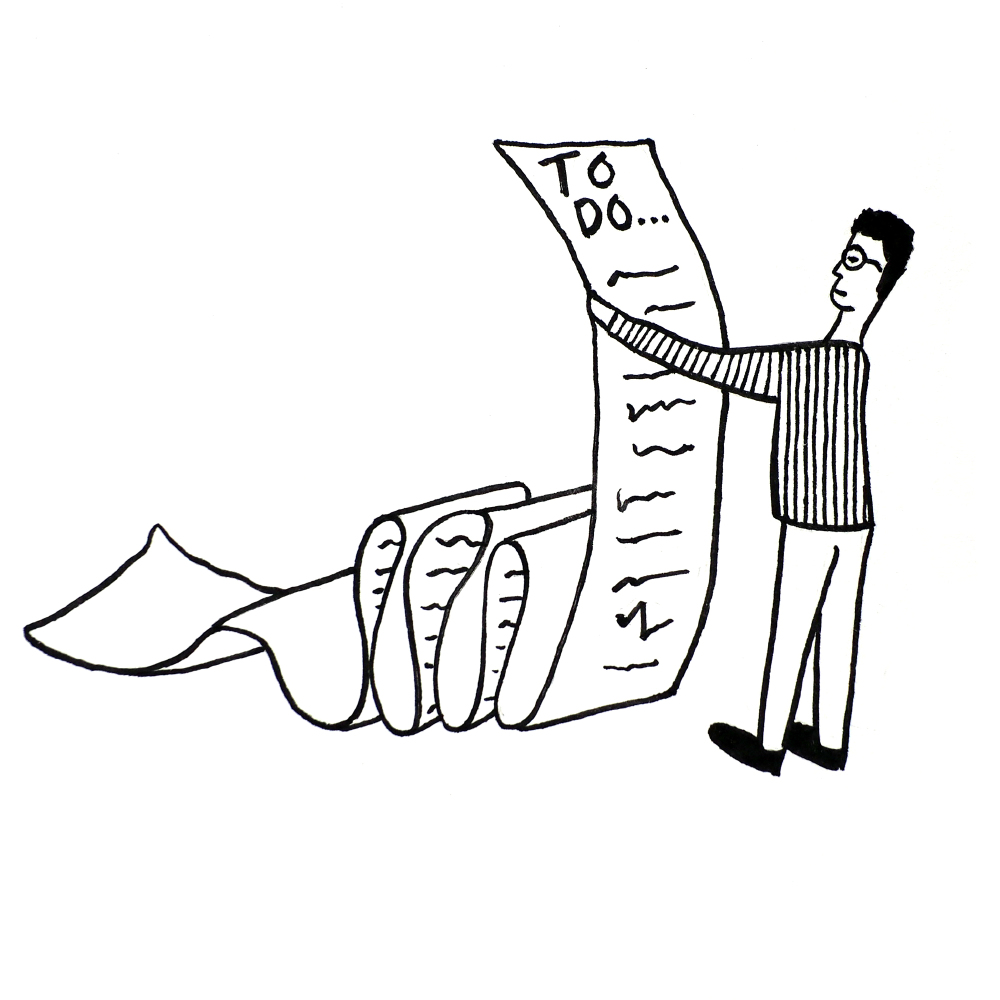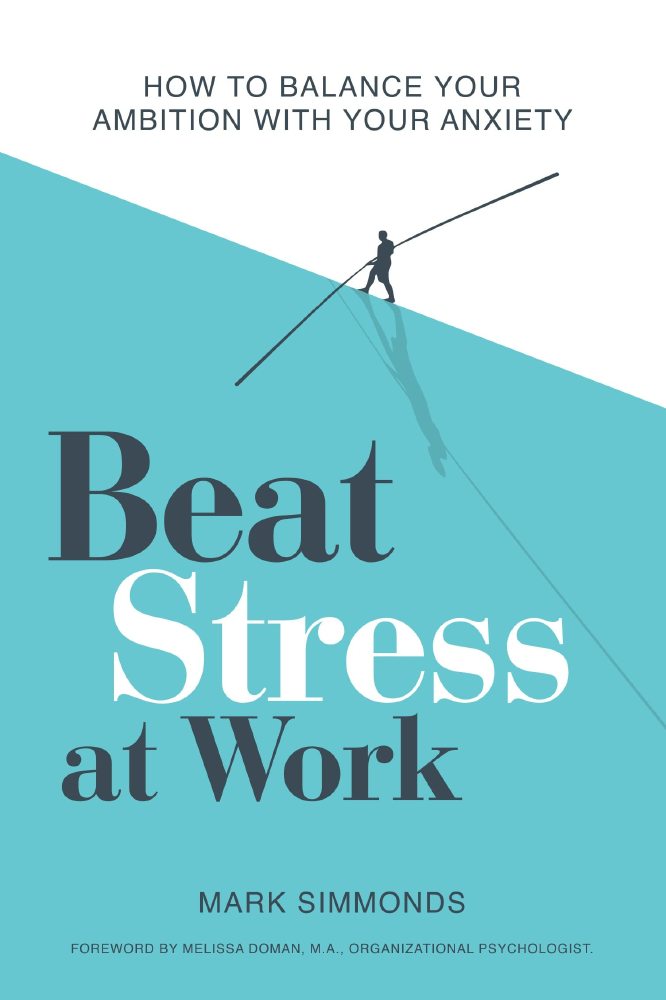The modern day workplace is not really cut out for creativity. It’s too stressful! But guess what. Ironically, creativity can have a positive impact on your overall stress levels!

Beat Stress at Work by Lucy Streule
Just over a year ago, our company, GENIUS YOU, published a creativity study. In between 2015 and 2020, over 2000 surveys had been completed by individuals from 17 major international organisations across 10 different sectors. A number of key themes emerged in the findings that represented obstacles to a creative workplace. “Time poverty” and the “burden of process overload” accounted for 23% of all responses. The study confirmed that the most ruthless creativity killer which lingers and festers in most workplaces is stress. And here’s the thing. Stress and creativity are not great partners, they don’t get on with one another. Creativity requires the brain to be relaxed if it is going to flourish. The neurotransmitters need to be given the opportunity to talk to one another at their own leisure, without being interrupted by the daily grind of the to-do list and the incessant pressure of deadlines looming at large.
But if creativity is allowed to breathe and flourish, it can be good for your mental health. It actually helps to reduce stress! There are a number of factors that contribute to the therapeutic effect that creativity can have on your mental well-being.
1. Meditation Plus: When you are creative, your brain enters a state of flow and becomes totally absorbed by what you are doing. It’s like meditation or mindfulness, but better, because at the end of the creative process, you have something tangible to show for it. This boosts your self-esteem, which in turn is beneficial for your state of mind.
2. The dopamine feel good factor: The reward centres in our brain release dopamine; it’s this chemical surge that boosts your mood. Dopamine, sometimes referred to as the feel-good chemical, is a neurotransmitter which acts as a natural antidepressant. When we engage in creative pursuits, and the neurons in our brain start firing, we receive positive re-enforcement. So not only does being creative feel good at the time, but our brains are also essentially telling us to keep going. More of the same please.
3. A fix for introverts and extroverts: The creative process requires individuals to get involved in a range of activities that are both enjoyable and relaxing. Einstein would set himself a problem, go and play the violin for an hour or two and allow the brain cells to start talking to one another, cross-fertilising in the world of the sub-conscious, stress free. An introvert’s paradise. The creative process, at its productive best, also requires teams to collaborate and cooperate, encourage one another, share ideas, build on them further, push the boundaries. Creativity is a natural mood booster for extroverts too.
So, what’s the overriding message? Well, if creativity is important to you or your company, then you have to create an oasis of time or space where stress is not welcome! And if you do, the creative juices that start to flow will have an uplifting effect on your mental wellbeing.

Mark Simmonds works in the area of creativity and is the author of Beat Stress at Work (www.beatstressatwork.co.uk).

